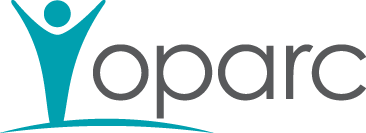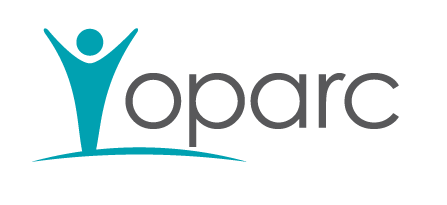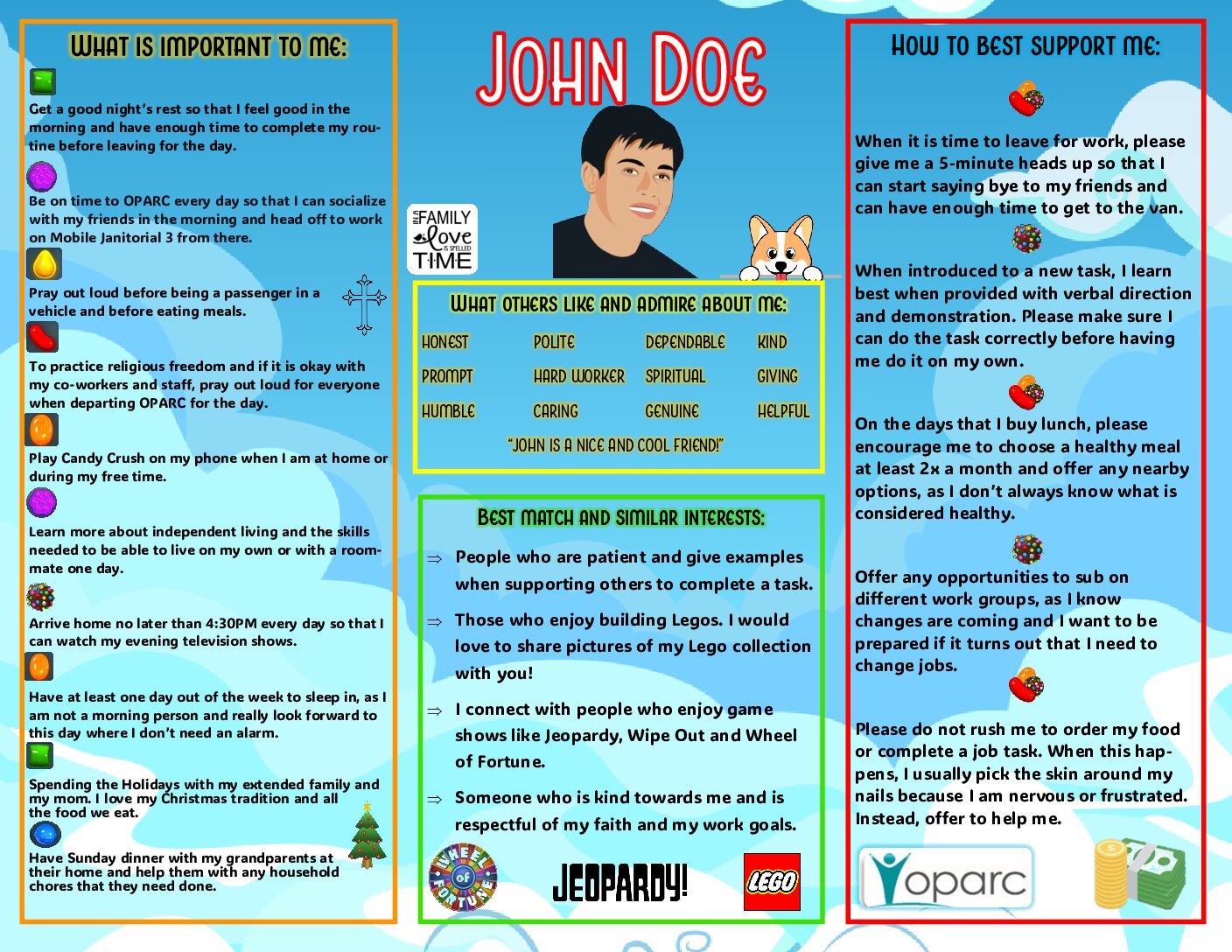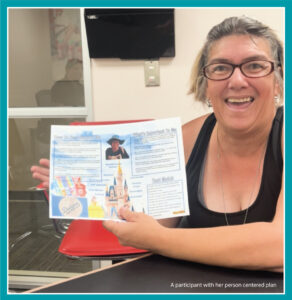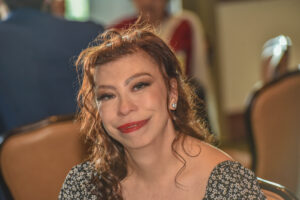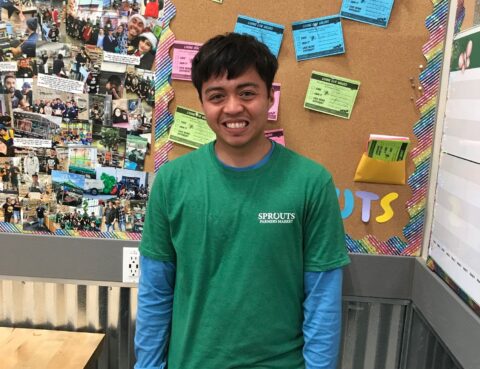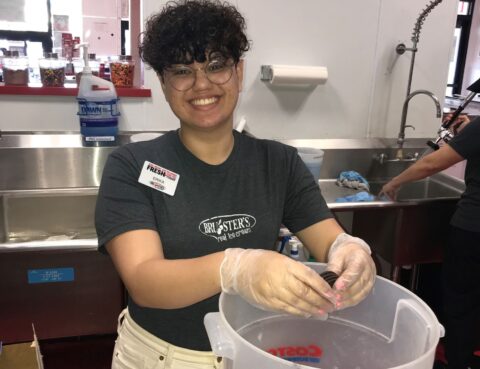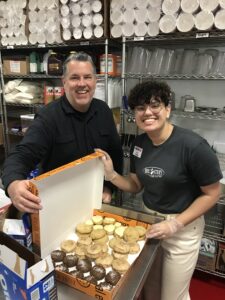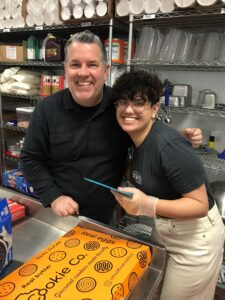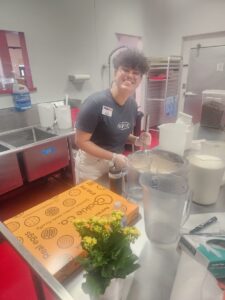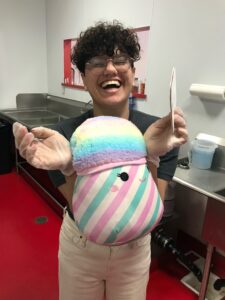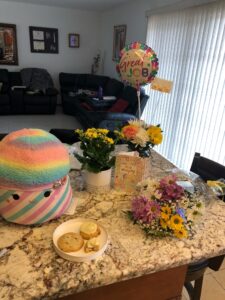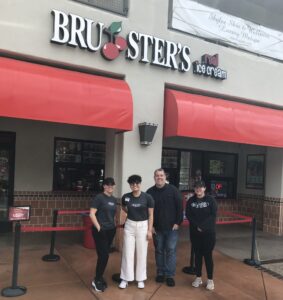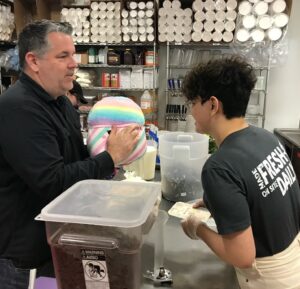In The News
OPARC in the news and other relevant published articles concerning legislation.
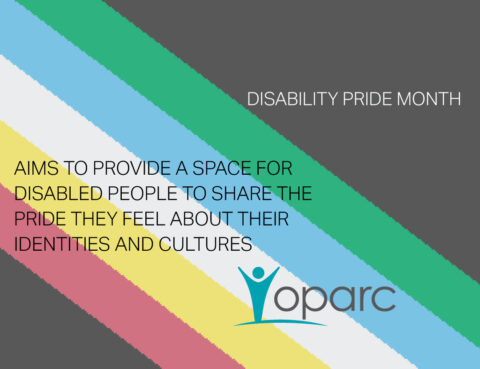
In the month of July, Americans with disabilities celebrate Disability Pride Month across the United States. Disability Pride Month (which is not limited to just a month) is an opportunity for people to embrace their disabilities and recognize the history, experiences, achievements, and hardships of the disability community. July is also the anniversary of the Americans with Disabilities Act (ADA), a landmark legislative act that transformed the lives of millions of Americans with disabilities.
The Flag
The design of the Disability Pride Flag has undergone changes to embrace a greater sense of inclusivity towards diverse disabilities. The updated flag now incorporates stripes that symbolize solidarity among different communities. These stripes are arranged in a straight diagonal pattern, serving as a representation of overcoming the barriers that disabled individuals encounter. Additionally, this arrangement aims to evoke the concept of light piercing through darkness, symbolizing hope and progress. The parallel stripes start from the top left, known as the Canton or place of honor, and extend to the bottom right corner, known as the Fly, representing the broader world. This diagonal placement serves as a contrast to the vertical walls and horizontal ceilings that often isolate disabled people, emphasizing the flag’s message of breaking down those barriers. The design was created to include all 6 international colors, demonstrating that disabilities are far reaching and affect people across the globe. The colors are also muted and arranged to accommodate those with certain disabilities.
Right to left, the colors represent:
- Green: Sensory Disabilities
- Blue: Emotional and Physical Disabilities
- White: Non-visible and Undiagnosed Disabilities
- Gold: Neurodiversity
- Red: Physical Disabilities
The Celebration
Disability Pride Month was first celebrated in 1990 – the year that the Americans with Disabilities Act was signed into law. Signed into law by George H. W. Bush , the ADA prevents discrimination against people with disabilities in all areas of public life including: jobs, schools, and all places, public and private, that are open to the general public. The purpose of the ADA is to ensure that people with disabilities have the same rights and opportunities as everyone else. Accessibility is a paramount topic and a core principle that OPARC operates on.
In 1950 a group of mothers in the Inland Empire with children that had disabilities teamed up to form OPARC. They believed that their children deserved the same opportunities as everyone else. Since then, OPARC has been supporting families and the community to help adults with intellectual/developmental disabilities reach their full potential.
Today, OPARC remains committed to the core principles of the ADA, ensuring inclusivity and equal opportunities for all. Building on the work of those mothers in 1950, we continue to work tirelessly in advocating for the rights of individuals with intellectual and developmental disabilities. Through our wide range of programs and services, we seek to empower these individuals, helping them integrate into the community, and providing them with the tools they need to achieve their fullest potential. By doing so, we honor the legacy of the ADA and the brave individuals who fought for its creation, and reaffirm our commitment to a world where disability does not limit opportunity.

Join OPARC in celebrating Disability Pride Month and the 33rd Anniversary of the ADA. Learn more about Disability Pride Month and the Americans with Disabilities act below
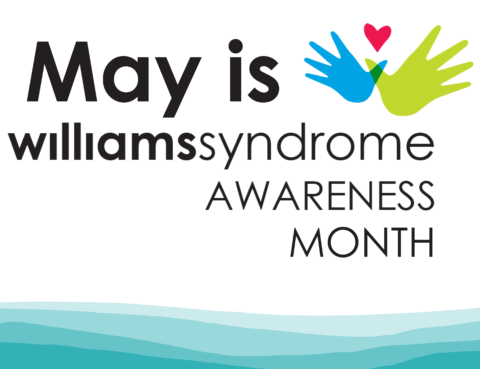
What is Williams Syndrome?
Williams Syndrome is a rare and genetic developmental disorder affecting about 1 in 10,000 individuals. Williams Syndrome is present at birth and can affect anyone and affects men and women equally. Some of the medical problems that can arise from Williams Syndrome include cardiovascular issues and developmental/learning delays. People with Williams Syndrome are often very social, friendly, and endearing. Although it affects individuals for life, early childhood diagnosis can greatly improve outcomes for people with Williams Syndrome.
There is no standard course of action for individuals with Williams Syndrome, every individual’s journey is different and unique. 80% of children who have Williams Syndrome suffer from cardiovascular issues. Other common issues that are occur in people with Williams Syndrome are gastrointestinal and kidney troubles. Treatment for these problems is ongoing and very costly. Despite these challenges, those with Williams Syndrome often demonstrate resilience, warmth, and friendliness that can inspire those around them. With the right support and medical care, they can lead meaningful lives.
Learn more about Williams Syndrome by visiting: http://williams-syndrome.org
Kristen’s Perspective: Living with Williams Syndrome
Kristen, OPARC’s Ambassador, was the first who reminded us that May is dedicated to raising awareness for Williams Syndrome. Kristen became part of the OPARC family in 2016 and has since been instrumental in various roles within the organization.
When questioned about her experience living with Williams Syndrome, Kristen distilled it to a single word: “Rollercoaster”. Among the physical challenges often faced by individuals with Williams Syndrome, Kristen grapples with cardiovascular issues. Kristen mentioned that there are times when she wishes she did not have to live with Williams Syndrome, but she is committed to not let the condition define her. Instead, she chooses to emphasize the various roles she fulfills in the lives of others: a co-worker, a cherished friend, a cousin, and an aunt. These roles bring meaning and purpose into her life.
Kristen is a lover of music, animals, and baking. She has a dream to establish her own bakery one day, intending to employ individuals with intellectual and developmental disabilities. She is determined to be mindful of her customers’ needs, planning to offer pastries that cater to a variety of lifestyle requirements, similar to the requirements some of her friends at OPARC have.
Kristen’s message about Williams Syndrome is a powerful one: she believes that individuals with the syndrome should be recognized and appreciated as complete individuals, not treated with bias or differentiated because of their condition.
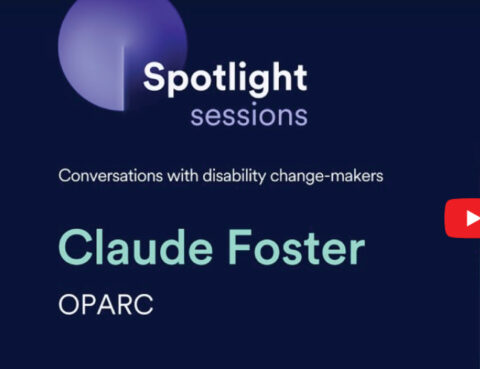
Web accessibility holds crucial importance for individuals with intellectual/developmental disabilities. Everyone deserves equal access to the internet’s information and services. The first step toward achieving this involves ensuring not just easy access to websites and their content but also safety for those with specific disabilities. Here is where companies like accessiBe step in. The top priority for accessiBe is to facilitate internet accessibility for all, irrespective of their abilities. They streamline the process of website compliance with accessibility laws through an easy-to-install widget that improves site accessibility. You can find this widget at the bottom left of your desktop screen or the left side of your mobile screen on the OPARC site.
Claude Foster, OPARC’s very own Director of Program Operations, appeared on accessiBe’s Spotlight Sessions. These online shows invite individuals/organizations who have significantly impacted the disability community and improved lives. OPARC earned the interview spot because of its deep history within the human services industry. Since its establishment in 1950, OPARC has emerged as an industry leader, continually pushing the boundaries to provide the best programming to the individuals it serves.
Discover more about accessiBe at: https://accessibe.com/
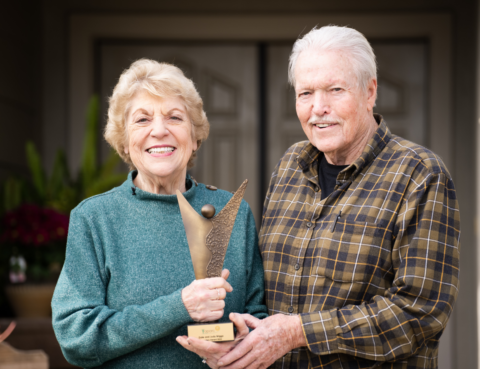
Dale and Judy Briggs | 2023 Founders Award Recipients
Dale and Judy Briggs are being recognized for their long-standing dedication and support of OPARC, an organization that has been transforming the lives of adults with disabilities for over 70 years. Mary H. Boyd, one of OPARC’s founders, introduced Judy to the organization more than 30 years ago. This introduction led to a long-lasting friendship and a commitment to volunteering and supporting the organization.
Judy spent countless hours volunteering at OPARC, serving on special committees, and eventually became a member of the board of directors. She even served as board president. One of Judy’s most memorable moments was the groundbreaking ceremony for OPARC’s facility in Montclair on September 26, 2003. She recalls the outpouring of support from the community and OPARC participants. One participant even donated aluminum cans he had collected to help raise money for the new building.
One special fundraising event that Judy remembers was a breakfast where people could “buy a door”. By making a donation, your name would be placed next to one of the doors in the new building. Today, as you walk down the halls of the OPARC offices, you see the names of those who made a donation that helped build the new facility. At the center of the building’s interior on the second floor, there is a very special room, the Briggs Room. This multi-use space overlooks the employment activity area and is used for meetings, conferences, staff events, and more. It is forever dedicated to the Briggs family in recognition of their support and friendship with OPARC.
Dale and Judy continue to be vital supporters of OPARC and are members of the Leadership Circle, in recognition of their lifetime giving. Their generosity and commitment to OPARC have helped the organization to provide life-changing services and programs for adults with disabilities.
The Founders Gala on April 29 will be a chance to recognize the outstanding contributions of Dale and Judy Briggs. OPARC’s mission is to empower individuals with disabilities to achieve their fullest potential, and the Briggs’ unwavering support has been a significant factor in the success of that mission.
The story of Dale and Judy Briggs is a testament to the power of volunteerism, generosity, and dedication. They have been instrumental in the growth and success of OPARC, and their tireless efforts have made a lasting impact on the lives of countless individuals with disabilities. Their commitment to OPARC serves as an inspiration to others to get involved and make a difference in their communities. We congratulate them on receiving the OPARC Founders Award, our highest honor, and thank them for their unwavering support.
